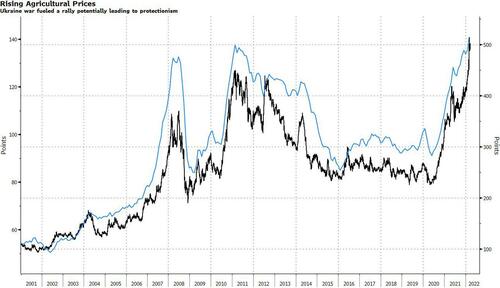For instance, the post-Cold War spread of e-commerce allowed companies to treat the world as both factory floor and marketplace. Comparative advantage, strategic partnerships and the success of globalization led to growth and prosperity. Russia’s invasion of Ukraine jarred that dynamic and has set in motion a series of quasi-isolationist responses.
What started as economic sanctions on Russia has tipped the balance: we are no longer in a uni-polar world. We have entered into a multi-polar one where traditional economic superpowers can no longer call the shots. Service-driven economies are price takers and have far less leverage over those producing raw materials.
The geopolitical landscape has changed and economic incentives along with it. The growing emergency that sanctions on Russia have caused over energy supply security will be inflationary for years to come. Nowhere is this more evident than in Europe, given its direct exposure to Russia energy, with individual countries prioritizing domestic energy security as a first port of call.
The European Union entered an era of energy inflation given its commitment to address climate change and fossil fuel dependence by “greening” the economy. Such aims create price pressure, and has led to discussion at the European Central Bank on whether its inflation target should be adjusted.

…click on the above link to read the rest of the article…